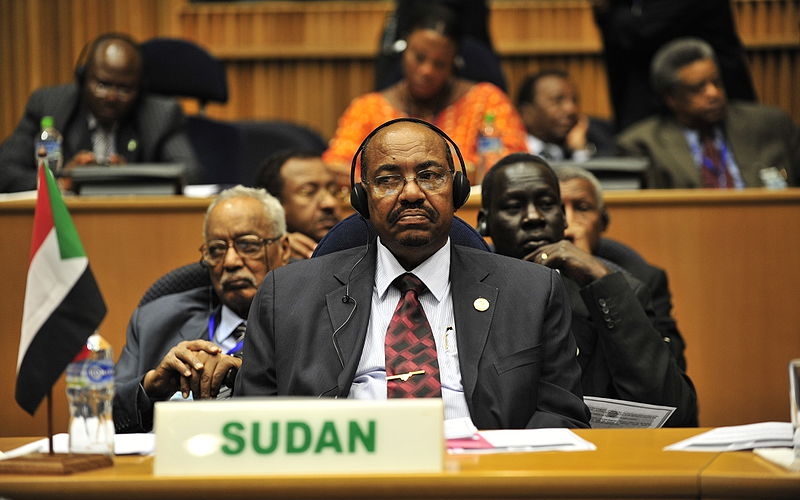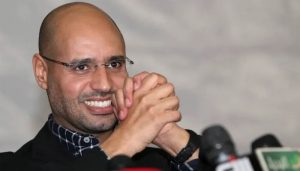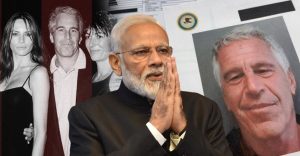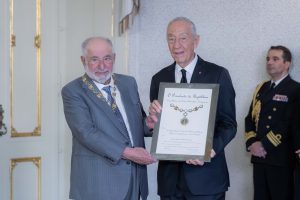KHARTOUM – Sudan’s military ousted President Omar al-Bashir on Thursday, putting an end to his 30 years in power amid a wave of protests in the country.
In a statement, country’s vice president and defence minister General Awad Ibn Auf said Bashir was taken to a safe place after the ‘toppling of the regime’ and also announced the formation of a military-led transitional government, which will rule for two years.
“The armed forces will take power with the representation of the people to pave the way for Sudanese people to live in dignity,” said Ibn Auf.

The defence minister also declared a three-month state of emergency and the suspension of the 2005 constitution besides the closure of Sudan’s airspace for 24 hours and of border crossings until further notice.
All of Sudan’s government’s institutions, including the national assembly and national council of ministers, have been dissolved, Ibn Auf said and assured that Sudan would soon prepare for free and fair elections.
Despite the overthrow of the regime, protest organizers vowed to continue their rallies until a civilian transitional government is constituted.
One main organiser, the Sudanese Professionals Association, urged protesters to remain in the streets for a civilian transitional government.
“We are not leaving. We urge the revolutionaries not to leave the sit-in,” the association said, warning against attempts to reproduce the old regime.
https://twitter.com/BBCBreaking/status/1116310775231066113
Bashir assumed power in 1989 through a coup backed by the military and Islamist hard-liners and survived multiple attempts at bringing him down.
Bashir launched a brutal crackdown on insurgents in the western Darfur region that made him an ‘international pariah’, wanted by the International Criminal Court for war crimes.
The United States targeted his government repeatedly with sanctions and airstrikes on allegations he supported ‘Islamic militant groups’.
The protests that erupted in December finally led to his ouster; they were initially fueled by resentment over the deteriorating economy but quickly turned to demands for his exit.














